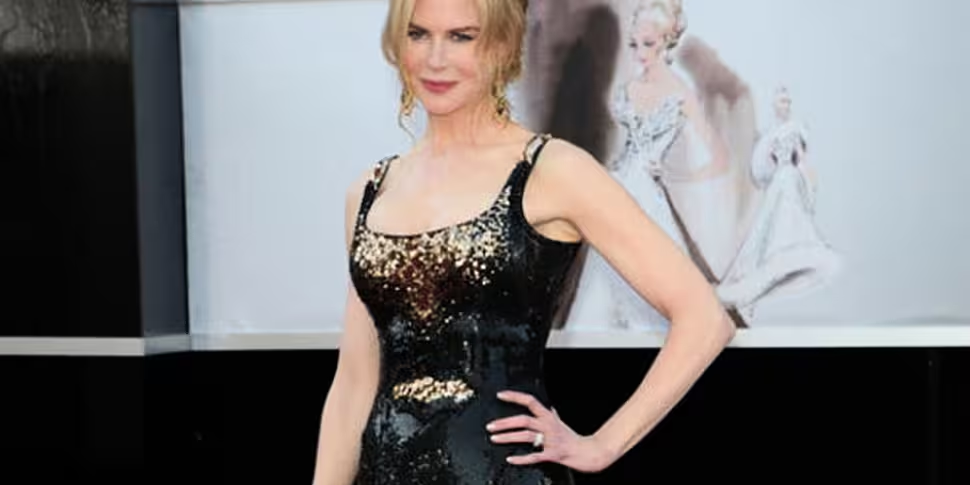Grace of Monaco, featuring Nicole Kidman as the movie-star-turned-princess, was expected to be one of the major 'prestige' titles looking to court critics and audiences in advance of next year's Oscars. However, its release was recently delayed until March of next year, making it ineligible for awards season. Initially, distributor and producer Harvey Weinstein had announced the film - a French-American co-production - simply "wasn't finished". Now, the film's director Olivier Dahan has suggested the reasons for the film's delay might be more complicated.
Speaking to French newspaper Liberation and translated by the Hollywood Reporter, Dahan - who has previously insisted his film is "not a biopic" - explains that his version of the film is effectively finalised. However, Weinstein has tackled his own re-edit of the film, with Dahan stating "there are two versions of the film for now: mine and his … which I find catastrophic".
The director, who previously had an international hit with La Vie en Rose, said he is willing to fight for his version of the film, despite the challenges he is likely to face. "It's right to struggle..." he explains, "but when you confront an American distributor like Weinstein, not to name names, there is not much you can do. Either you say 'Go figure it out with your pile of s**t' or you brace yourself so the blackmail isn't as violent".
Harvey Weinstein, who is currently running The Weinstein Company with brother Bob, has become well-known for stepping in to recut films before commercial release, earning the nickname Harvey Scissorhands. This year, his company released a significantly shorter version of martial arts epic The Grandmaster in the US, while he has also requested significant revisions to South Korean sci-fi thriller Snowpiercer before releasing it.
Dahan is far from the first director to speak up about the 'creative differences' restricting the release of their preferred version. Tony Kaye criticised the released cut of his debut film American History X, after star Ed Norton and editor Jerry Greenberg were called in to produce their own, and ultimately final, version. Irish director Jim Sheridan also refused to publicise his film Dream House after studio interference. Both directors were denied the chance to remove their names from the final products.









